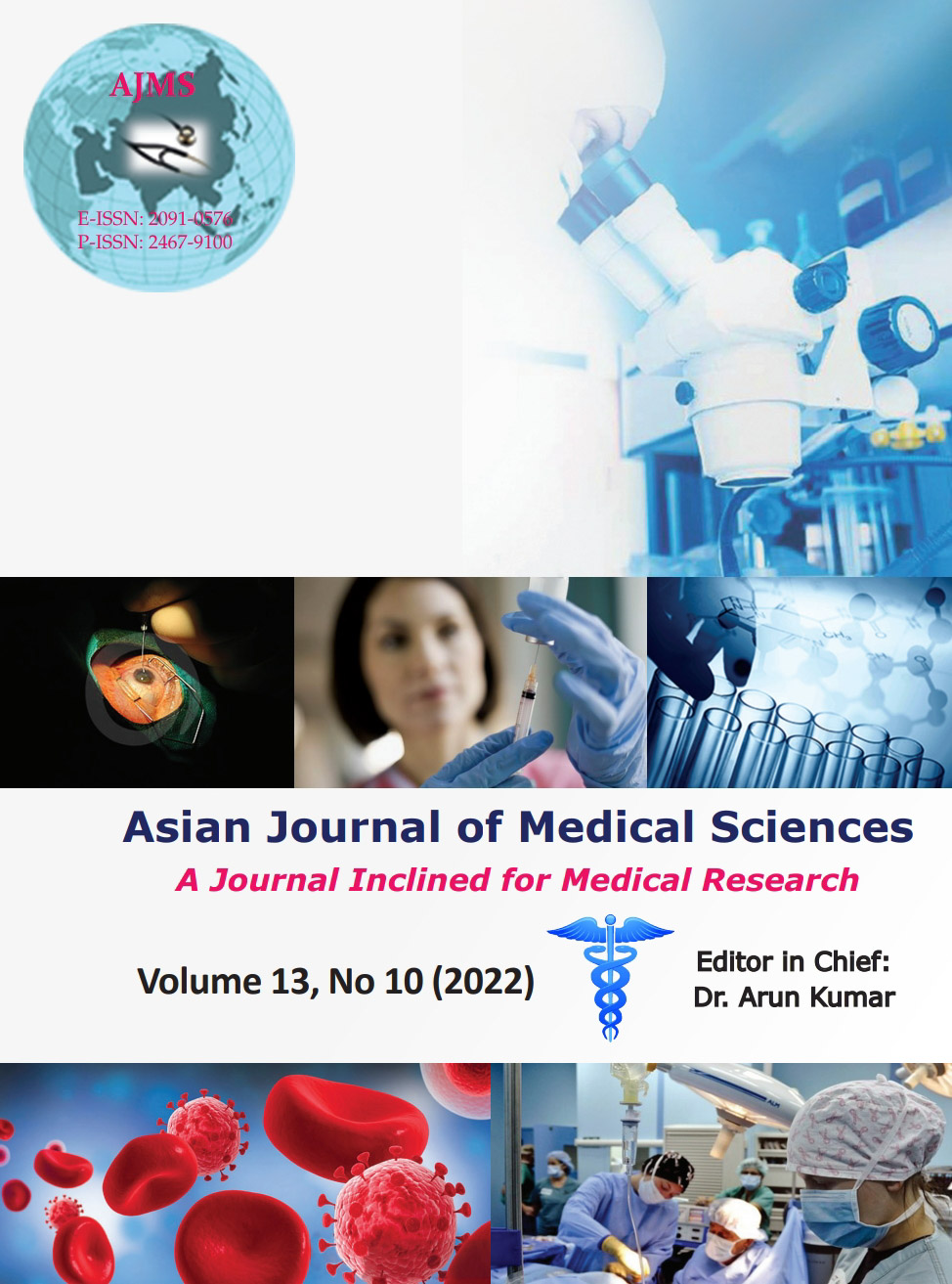SARS-CoV-2 and human milk presence of virus and antibodies in just delivered mothers and possible transmission to the babies: An observational study over a period of 1 year in the state of Mizoram
Keywords:
Breastfeeding; COVID-19; Human milk; Neutralizing antibodies; SARS-CoV-2Abstract
Background: Severe acute respiratory syndrome coronavirus 2 (SARS-CoV-2) is a very virulent and contagious coronavirus and has caused a pandemic of acute respiratory disease, named “Coronavirus disease 2019” (COVID-19) that emerged in the late 2019. In breast milk (BM), presence of SARS-CoV-2 virus and its antibodies have been examined.
Aims and Objectives: The current observational study was conducted over a period of 1 year in the state of Mizoram to investigate the presence of SARS-CoV-2 virus and antibodies in pregnant mothers and their newborn along with breast milk.
Materials and Methods: A total of 115 breast milk samples and 70 breast swabs (before or after breast washing) from 115 women who were recently diagnosed with COVID-19 were collected. Samples were analyzed for SARS-CoV-2 RNA using RT-PCR. Breast milk was also analyzed for SARS-CoV2, IgA, and IgG receptor binding domain (RBD), S2 subunit of the spike protein of SARS-CoV-2.
Results: BM RTPCR was found to be positive 78 and 37 BM samples were found to be negative for RTPCR. Among the infants, 32 were exclusively on breastfeed and 83 were mixed feeding infants. Post-breastfeeding four infants were shown the signs and symptoms of COVID-19. IgA and IgG RBD and S2 subunit of the spike protein of SARS-CoV-2 antibodies were positive in 17, 16, and 12 BM samples which show that maternal antibodies to be developed in BM take time for production and the mothers infected almost 10 days ago, only showed presence of those antibodies.
Conclusion: Our findings have shown increase admissions of COVID-19 infected antenatal mothers with positive outcome despite the requirement of intensive care. SARS-CoV-2 was detected in BM which was significantly high, but there was no transmission to the babies during the postnatal period.
Downloads
Downloads
Published
How to Cite
Issue
Section
License
Copyright (c) 2022 Asian Journal of Medical Sciences

This work is licensed under a Creative Commons Attribution-NonCommercial 4.0 International License.
Authors who publish with this journal agree to the following terms:
- The journal holds copyright and publishes the work under a Creative Commons CC-BY-NC license that permits use, distribution and reprduction in any medium, provided the original work is properly cited and is not used for commercial purposes. The journal should be recognised as the original publisher of this work.
- Authors are able to enter into separate, additional contractual arrangements for the non-exclusive distribution of the journal's published version of the work (e.g., post it to an institutional repository or publish it in a book), with an acknowledgement of its initial publication in this journal.
- Authors are permitted and encouraged to post their work online (e.g., in institutional repositories or on their website) prior to and during the submission process, as it can lead to productive exchanges, as well as earlier and greater citation of published work (See The Effect of Open Access).




